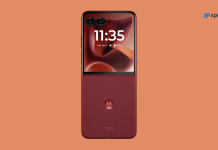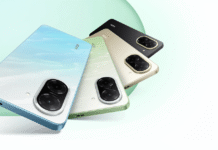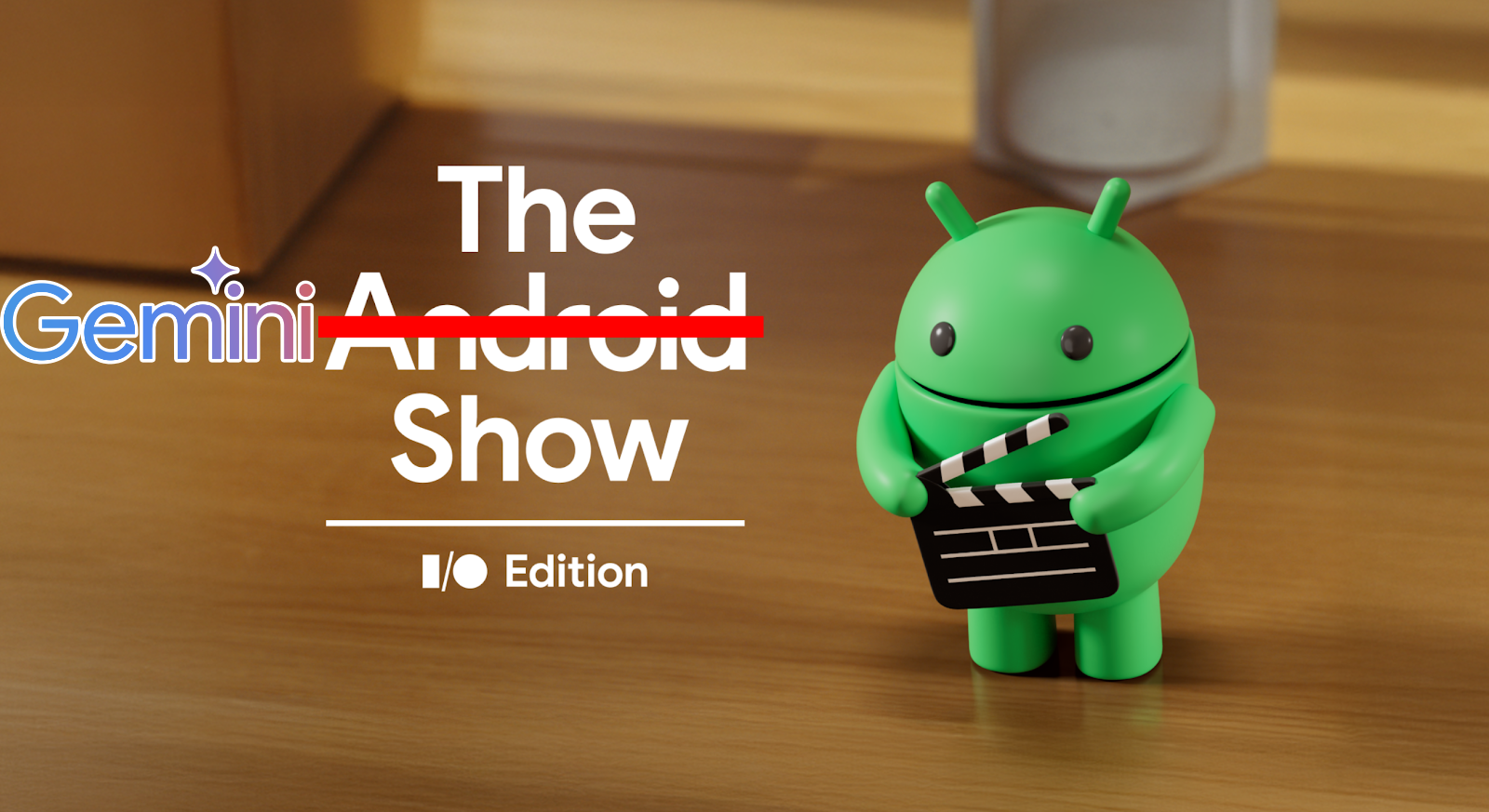
Google recently hosted its first-ever Android Show, a teaser for the much-anticipated Google I/O 2025. Traditionally, this time of year has been all about Android, with the next version of the OS often stealing the spotlight. But over the past couple of years, things have started to shift. Google has been increasingly emphasizing Gemini AI, which is now emerging as the centerpiece of its software ecosystem.
If we had to draw a conclusion from the Android Show, Google’s shift in vision is clearer than ever. Rather than highlighting what’s next for Android OS, the event focused on how Gemini is expanding its presence to Wear OS, Google TV, Android XR, and beyond. So is Android losing its charm, or is Google pushing Gemini a little too much?
Friendship Ended With Android, Now Gemini is My Best Friend
Google started the Android Show by showcasing the obvious: Android 16 and its Material 3 Expressive interface for Pixel devices. To sum it up quickly, the company is adding more pastel-inspired colours to the Android UI and some newer animations. Android 16 will also include live update highlights, similar to live notifications on iOS.
The event quickly shifted to generative AI, where Android 16 gets Gemini Live as a native feature. It lets you use Gemini to analyse any content on your screen, including text and media, and provide answers. If that sounds familiar, you are not alone. The concept is similar to Circle to Search, with some minor improvements.
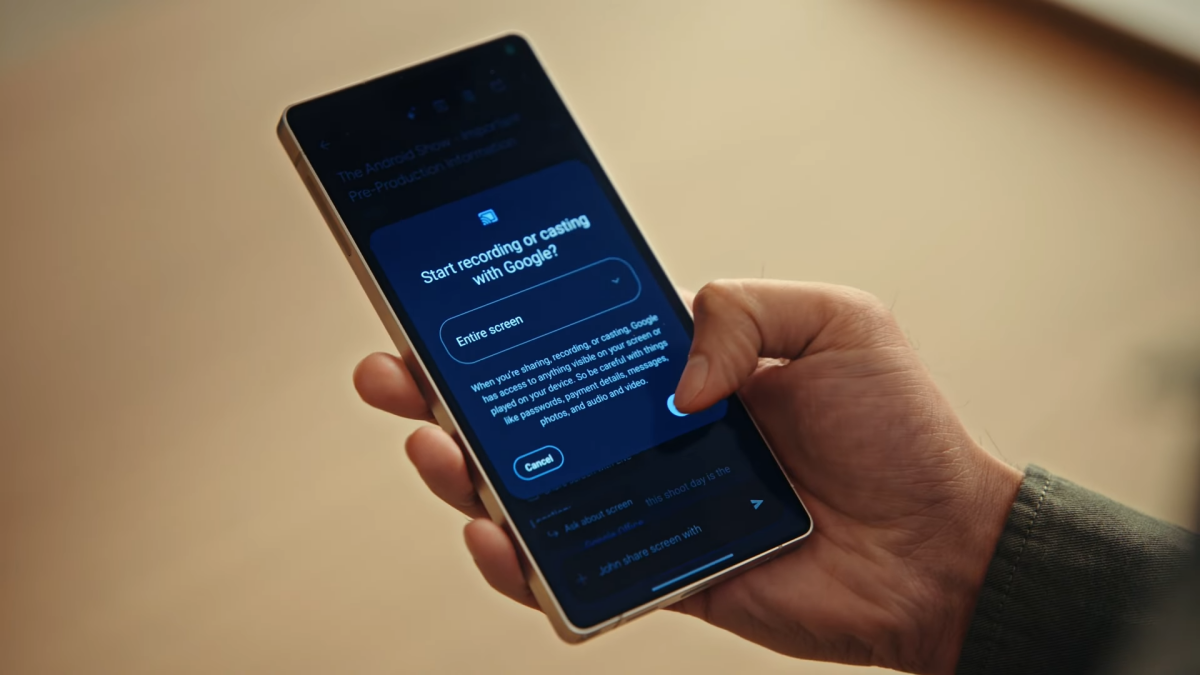
Google also talked about WearOS 6, where its smartwatch interface is also getting a redesign to sync with Android 16. However, the main highlight of WearOS 6 appears to be Gemini AI integration, where you can access AI features directly on your smartwatch using voice commands. Again, this is not something revolutionary, but Google is simply replacing the Google Assistant with Gemini. Where are my new features, Google?
Gemini AI on Smart TVs Might Not Be a Good Idea
The company also briefed on bringing Gemini AI to Google TV. You will soon be able to use the chatbot for movie suggestions, searching content more effectively, navigating through your TV using voice commands, and more. While this is a welcome move as smarter is always better, this could slow down smart TVs even further.
Let’s look at the broader picture. Smart TVs have taken over the market as more users are consuming OTT content directly on their TV. However, most smart TVs slow down with time and feel sluggish, making navigating between apps difficult. Even using voice commands or Google Assistant becomes challenging because TVs normally use weaker CPUs.
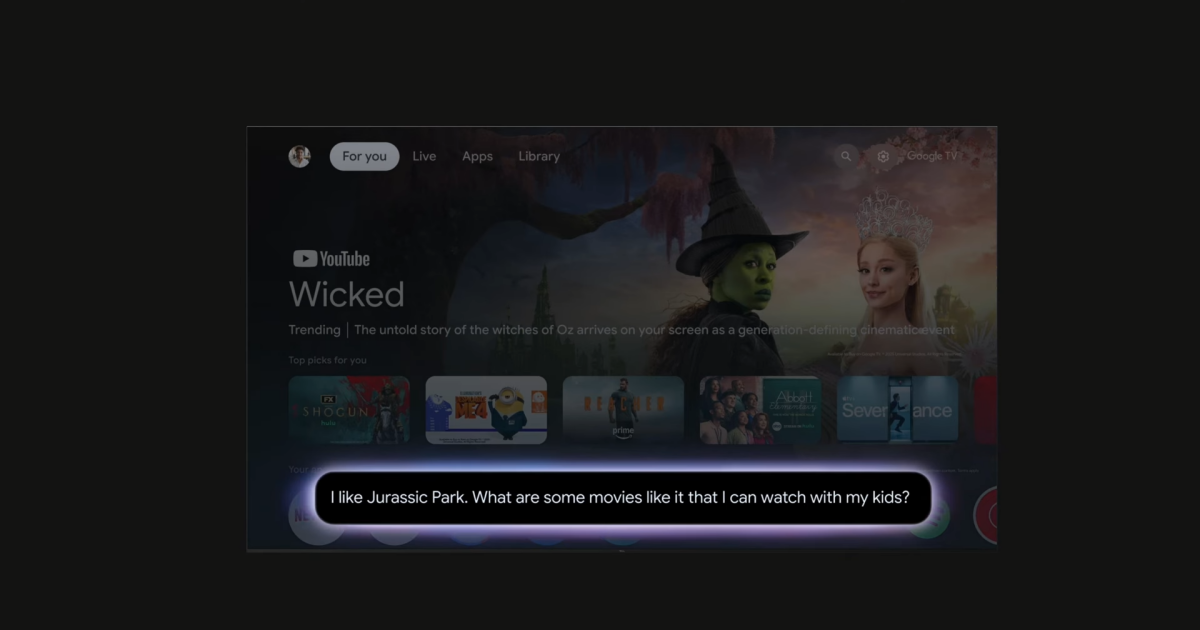
It’s a well-known fact that Gemini uses more resources than Google Assistant, as it offers more features and functionality. While Google is ready to deploy its AI prowess in its TV OS, are TV manufacturers ready for it? We can already sense the lagging issues on smart TVs if we try to run Gemini on existing hardware.
From Google’s perspective, the Android Show was a sneak peek, and to the company’s credit, they did mention that a lot more will be announced at the Google I/O 2025 on May 20. However, considering that this mini-event was supposed to show us what we can expect from Google, it just builds an image that I/O 2025 is going to be all about Gemini and AI.
I genuinely want Google to prove me wrong and announce some really innovative features at its I/O event. While Gemini is a cool tool, forking it on existing ecosystems is straight up disappointing from Google, as we know the company is capable of much more than that.
Stay tuned with us for the Google I/O 2025!


